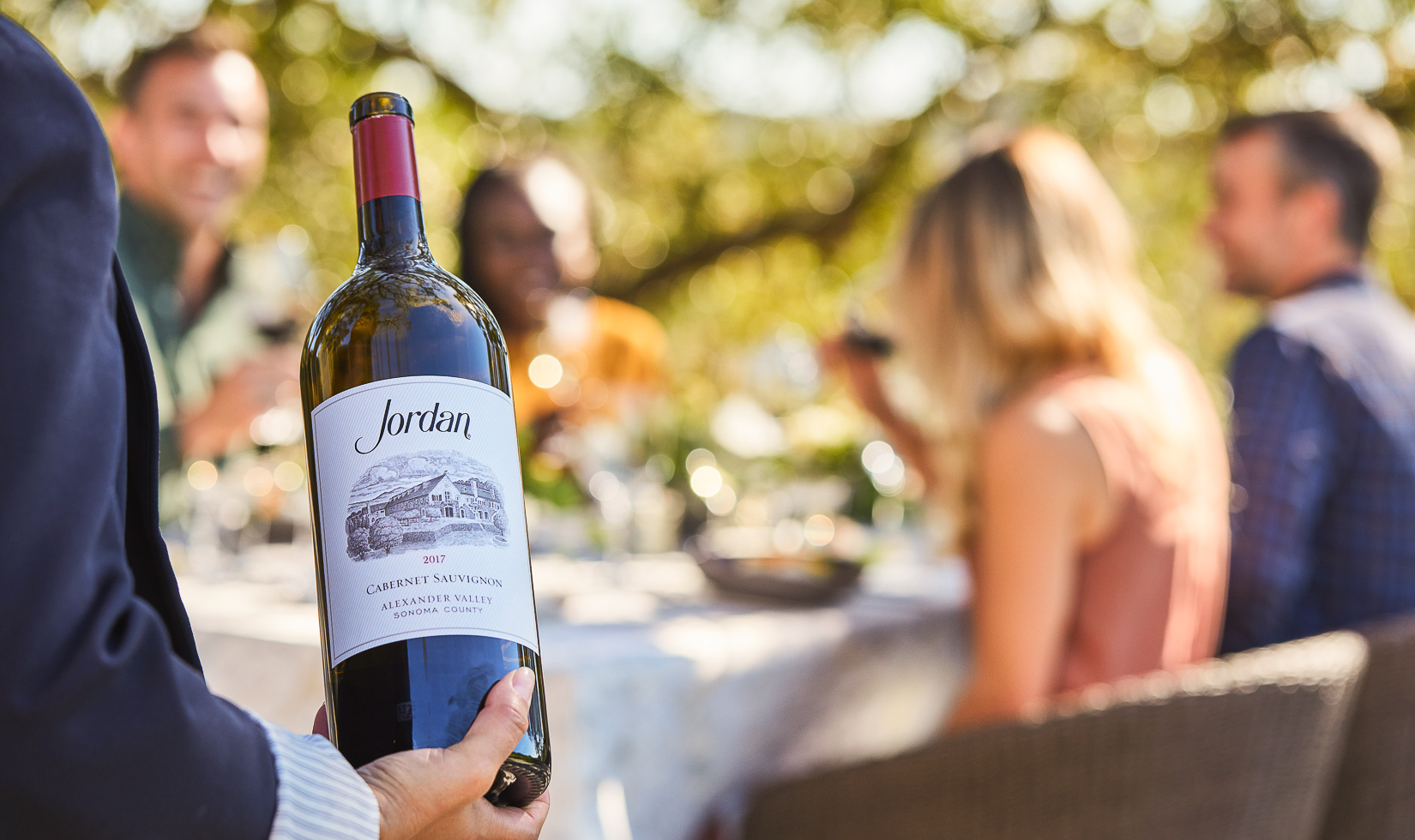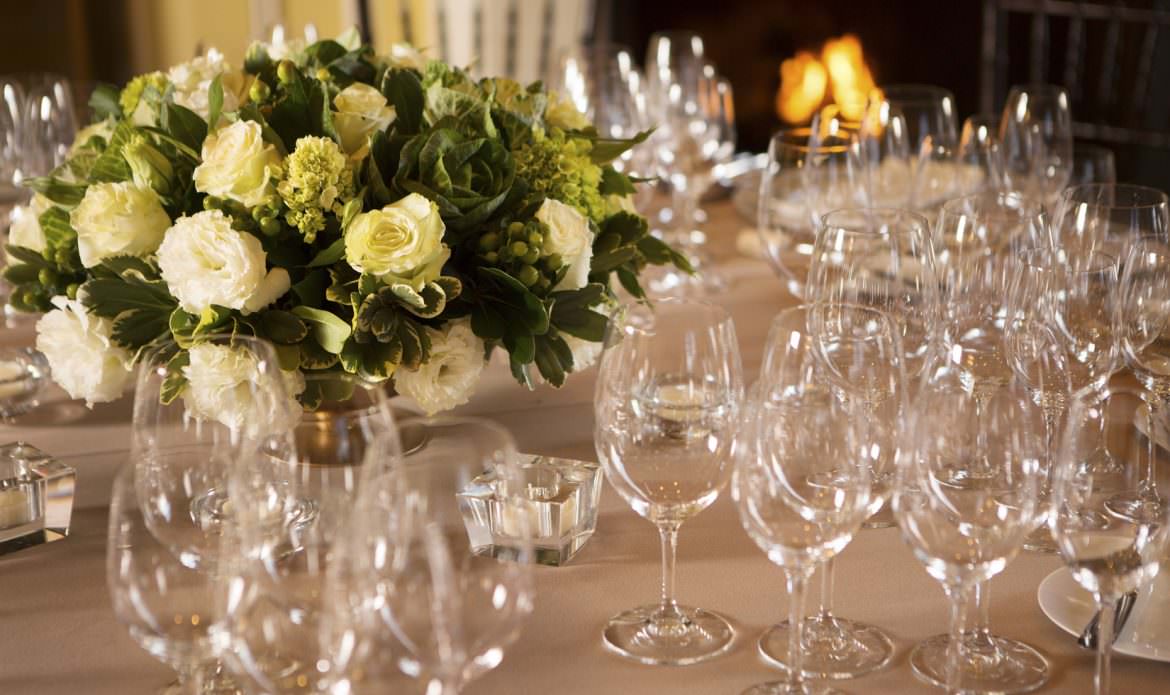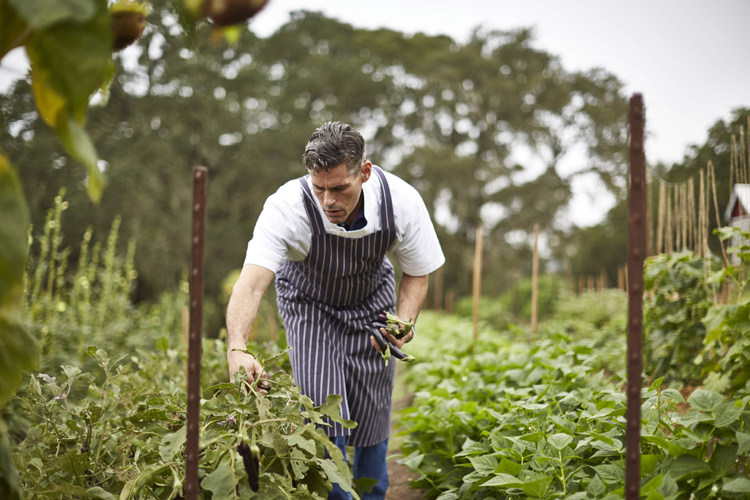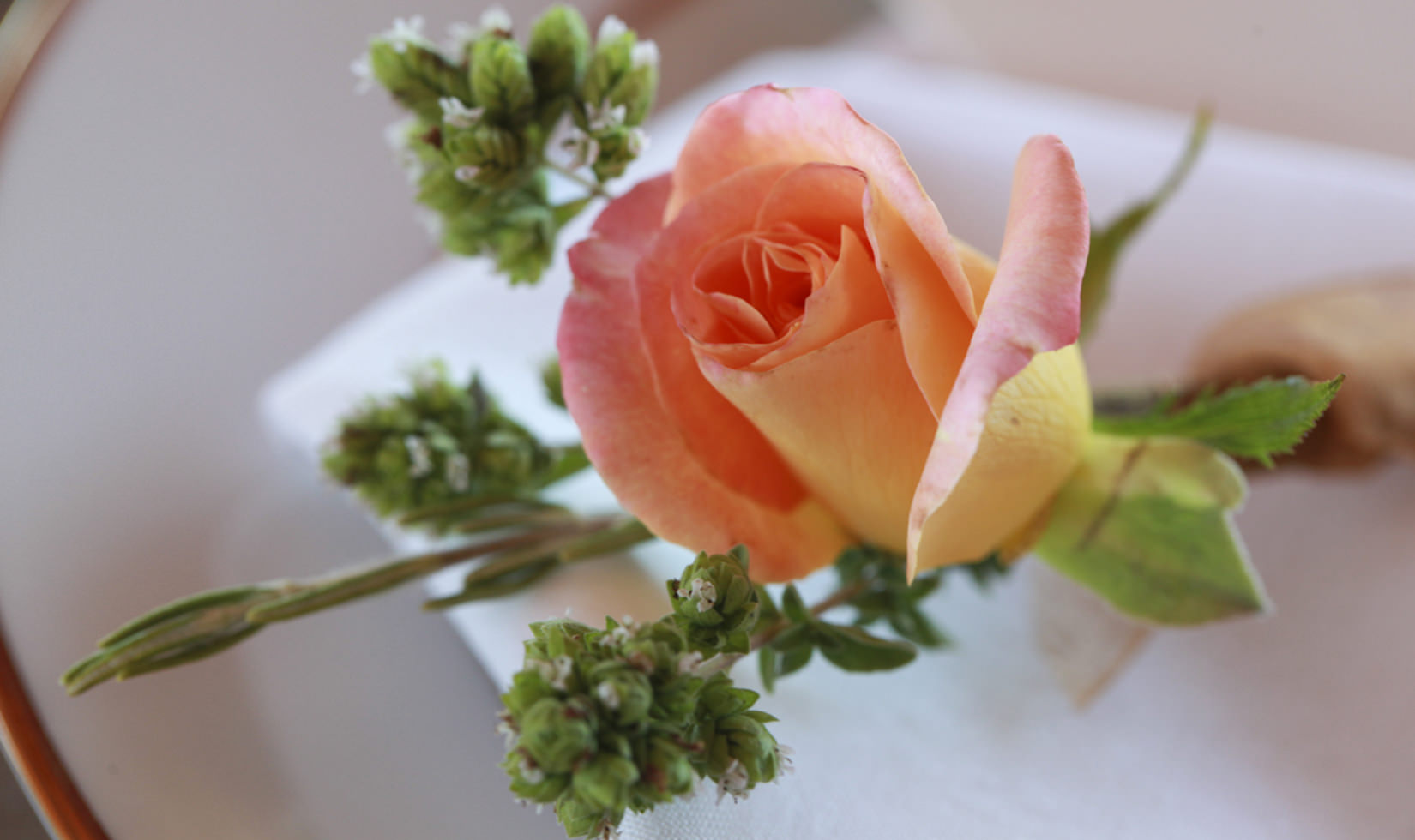Developing into a true wine connoisseur doesn’t happen overnight, but it’s one of the most rewarding journeys for anyone who appreciates the finer things in life. Whether you’re just beginning to explore wine or looking to refine your palate, understanding the fundamentals of wine appreciation will transform how you experience every glass.
Key Takeaways
- Start with structured tastings to train your palate and develop wine vocabulary
- Learn basic wine regions and varietals to understand different styles and characteristics
- Practice proper wine etiquette for confident participation in wine-focused social settings
- Invest in essential tools like proper glassware and a quality corkscrew for optimal tasting experiences
- Keep detailed tasting notes to track preferences and build your wine knowledge systematically
- Understand food and wine pairing principles to enhance both dining and wine experiences
- Visit wineries and attend tastings to gain firsthand knowledge from wine professionals

1. Master the Art of Wine Tasting
Learning how to become a wine connoisseur starts with developing proper tasting techniques that engage all your senses. The foundation of wine appreciation lies in systematic evaluation rather than simply drinking.
Visual Assessment
- Hold your glass at a 45-degree angle against a white background
- Observe the wine’s color, clarity, and viscosity
- Note how the wine clings to the glass when swirled (these are called “legs”)
The visual examination reveals important clues about the wine’s age, grape variety, and winemaking style. Younger red wines typically display vibrant purple hues, while mature wines develop brick-red tones around the edges.
Aromatic Evaluation
- Swirl the wine gently to release volatile compounds
- Take short, quick sniffs rather than deep inhales
- Identify primary aromas (fruit, floral), secondary (fermentation), and tertiary (aging) notes
Your nose can detect thousands of different compounds, making aroma analysis crucial for wine appreciation. Professional tasters often close their eyes during this phase to concentrate fully on the aromatic profile.
2. Build Your Wine Knowledge Foundation
Understanding wine regions, grape varieties, and production methods provides the context necessary for meaningful wine appreciation guide development.
Essential Wine Regions to Study
- Bordeaux, France – Known for structured red blends of Cabernet Sauvignon and Merlot
- Burgundy, France – Produces elegant Pinot Noir and complex Chardonnay
- Napa Valley, California – Famous for bold Cabernet Sauvignon and premium Chardonnay
- Sonoma County, California – Offers diverse microclimates producing varied wine styles
Focus on learning one region thoroughly before expanding your knowledge. Each region has unique terroir characteristics that influence wine style and quality. Understanding these regional differences helps you make informed purchasing decisions and appreciate the craftsmanship behind each bottle.
Grape Variety Characteristics Study the primary characteristics of major grape varieties, including typical flavor profiles, ideal growing conditions, and common winemaking techniques. This foundational knowledge allows you to predict wine styles and make educated selections.

3. Develop Proper Wine Etiquette
Confident participation in wine-focused social situations requires understanding established wine etiquette guide principles that demonstrate respect for both the wine and fellow enthusiasts.
Restaurant Wine Service
- Allow the sommelier or server to present the bottle and pour a small taste
- Evaluate the wine for faults (cork taint, oxidation) rather than personal preference
- Nod approval or request replacement if the wine is flawed
- Never touch the rim of glasses when toasting
Wine Tasting Events
- Taste lighter wines before heavier ones to preserve palate sensitivity
- Use the provided spittoons during formal tastings to maintain objectivity
- Avoid wearing strong perfumes or colognes that interfere with wine aromas
- Engage respectfully with winemakers and fellow tasters
Proper etiquette demonstrates your commitment to wine appreciation and creates positive experiences for everyone involved. These social skills become particularly valuable when visiting premium wineries or attending exclusive wine events.
4. Invest in Quality Wine Tools
Having the right equipment enhances your tasting experience and shows a serious commitment to wine knowledge for beginners and advanced enthusiasts alike.
Essential Wine Accessories
- Proper glassware – Invest in varietal-specific glasses that enhance aromatic concentration
- Quality corkscrew – A reliable waiter’s friend or lever-style opener prevents cork breakage
- Decanter – Allows older wines to breathe and separates sediment from the liquid
- Wine preservation system – Vacuum pumps or inert gas systems maintain wine quality after opening
Quality tools make a noticeable difference in wine presentation and preservation. Professional-grade equipment often lasts decades and improves your overall wine experience significantly.
Consider exploring wine accessories and tools that complement your developing expertise. The right equipment supports proper wine service and storage practices essential for serious collectors.

5. Keep Detailed Tasting Notes
Systematic record-keeping accelerates learning and helps identify personal preferences and developing palate trends over time.
Effective Note-Taking Structure
- Appearance – Color intensity, clarity, and rim variation
- Aroma – Primary fruit, secondary fermentation, and tertiary aging notes
- Taste – Flavor intensity, balance, texture, and finish length
- Overall impression – Quality assessment and purchase recommendations
Regular note-taking reveals patterns in your preferences and tracks palate development progression. Many connoisseurs discover their tastes evolve significantly over months and years of dedicated tasting practice.
Digital vs. Traditional Methods
Choose a system you’ll consistently use, whether smartphone apps, dedicated journals, or simple notebooks. The key is maintaining detailed records that you can reference when making future wine purchases or recommendations.
6. Master Wine Pairing Principles
Understanding how wine interacts with food elevates both dining experiences and demonstrates sophisticated wine pairing tips knowledge.
Fundamental Pairing Concepts
- Complement – Match wine intensity with food richness and weight
- Contrast – Use opposing flavors to create interesting taste combinations
- Bridge – Connect wine and food through shared flavor compounds or preparation methods
Successful pairings consider acidity, tannins, sweetness, and alcohol levels alongside food flavors, textures, and cooking methods. Practice with simple combinations before attempting complex multi-course pairings.
Classic Pairing Examples
- Crisp Sauvignon Blanc with fresh seafood and citrus preparations
- Medium-bodied Pinot Noir with roasted chicken or grilled salmon
- Full-bodied Cabernet Sauvignon with grilled red meats and aged cheeses
Experiment with unconventional pairings to develop your personal style and understanding of flavor interactions. Some of the most memorable combinations challenge traditional pairing rules while maintaining overall balance and harmony.
For inspiration on entertaining with wine, explore these thoughtful gift ideas for wine lovers that enhance the pairing experience.
7. Seek Educational Experiences
Direct learning from wine professionals and immersive experiences accelerate your development as a knowledgeable wine enthusiast.
Formal Education Options
- Wine courses through local colleges or wine schools
- Professional certification programs (Court of Master Sommeliers, Wine & Spirit Education Trust)
- Online learning platforms with structured curricula and expert instruction
Hands-On Learning Opportunities
- Winery visits with behind-the-scenes tours and tastings
- Wine club memberships that provide curated selections and educational materials
- Local wine events, festivals, and tasting groups
The most effective learning combines theoretical knowledge with practical tasting experience. Engaging with winemakers, sommeliers, and fellow enthusiasts provides insights impossible to gain through books or articles alone.
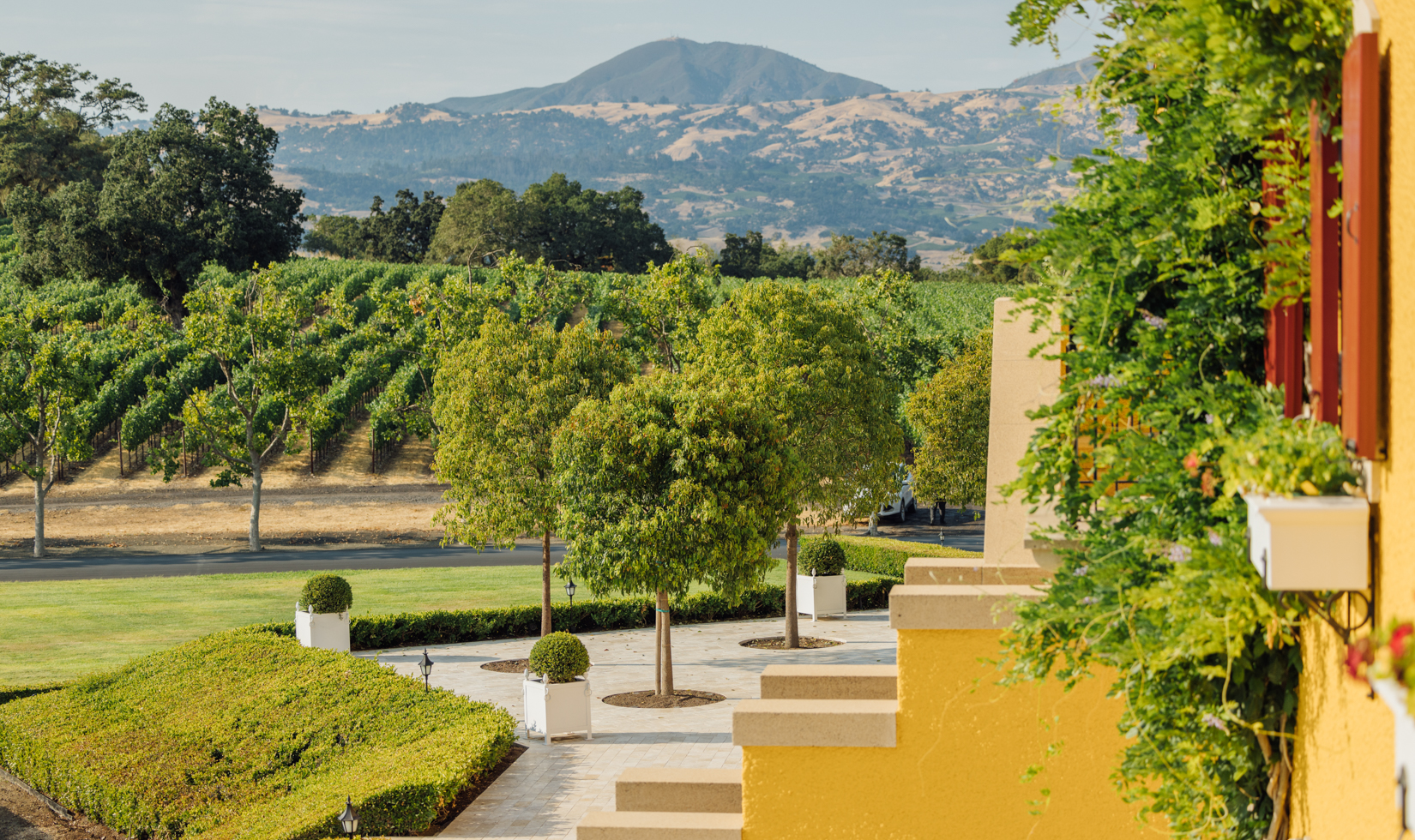
Visit Jordan Winery
Consider visiting Jordan Winery to experience firsthand how premium wines are crafted and to learn directly from wine professionals who can guide your development as a connoisseur.
Becoming a wine connoisseur requires dedication, patience, and consistent practice, but the journey rewards you with a deeper appreciation for one of humanity’s most sophisticated beverages. Start with these fundamental techniques and gradually expand your knowledge through continued tasting, study, and engagement with the wine community. Your palate will develop naturally over time, allowing you to appreciate the subtle complexities that make each wine unique and special.
